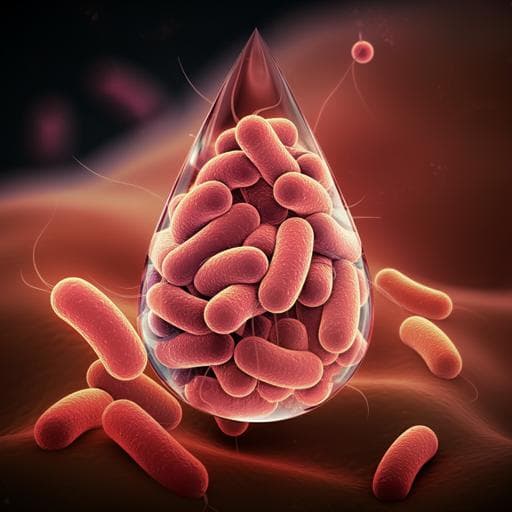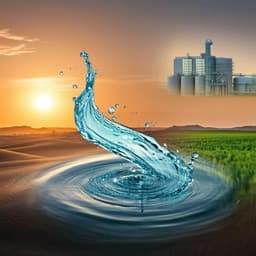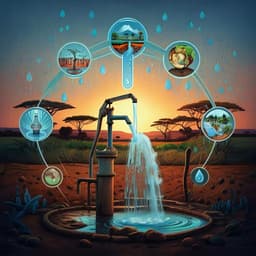
Environmental Studies and Forestry
Integrating water-quality analysis in national household surveys: water and sanitation sector learnings of Ecuador
L. Moreno, M. Pozo, et al.
Explore the critical findings from an in-depth analysis of water quality in Ecuador, revealing that water quality is a significant barrier to safe drinking water access. This essential research by Lorena Moreno, Mónica Pozo, Koenraad Vancraeynest, Robert Bain, Juan Carlos Palacios, and Fausto Jácome calls for urgent improvements in water quality control and surveillance.
Related Publications
Explore these studies to deepen your understanding of the subject.







